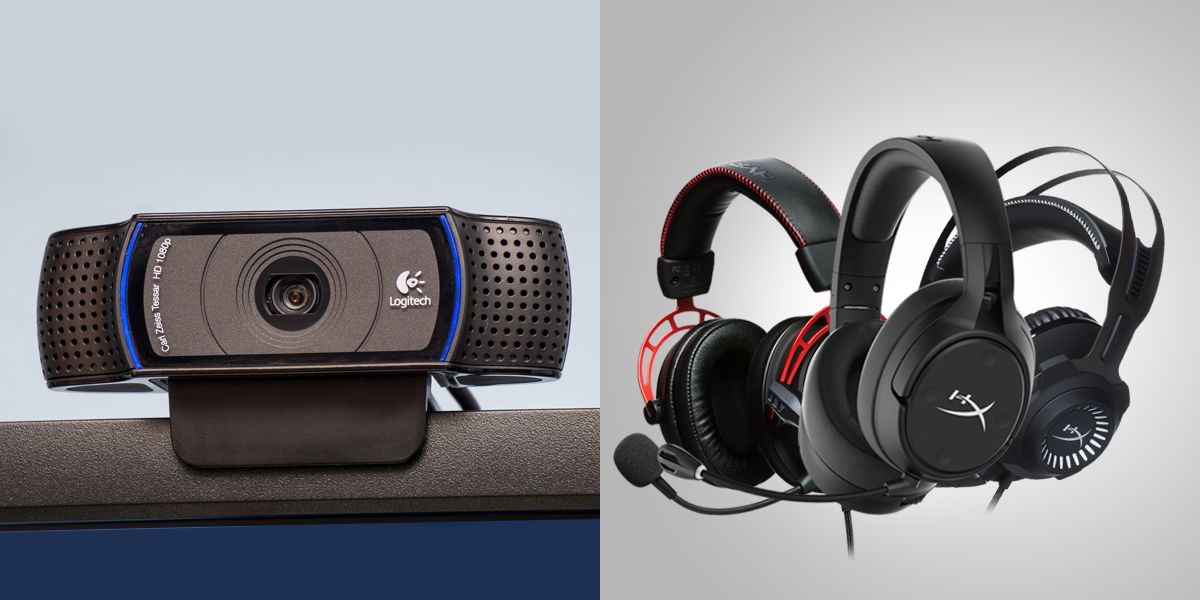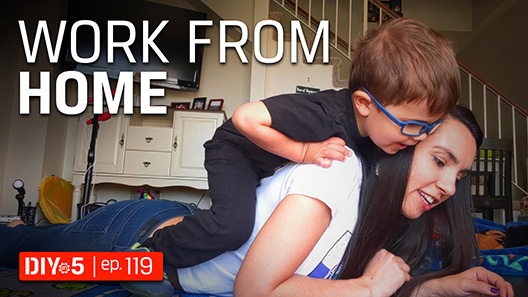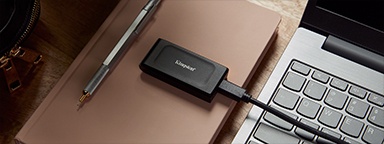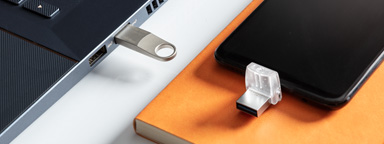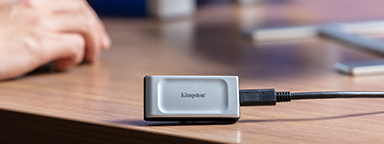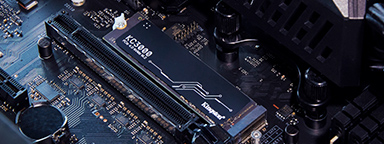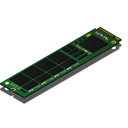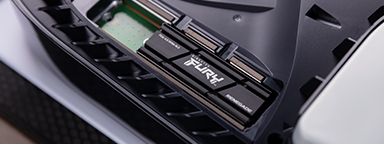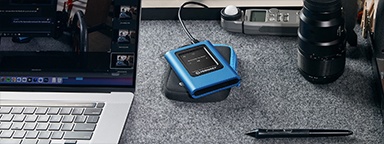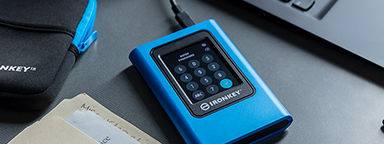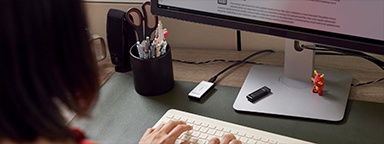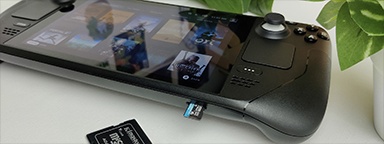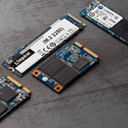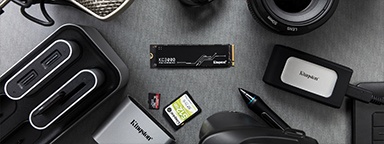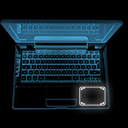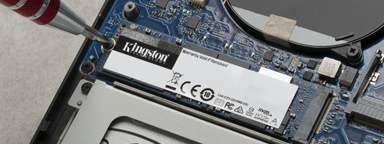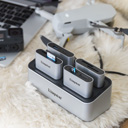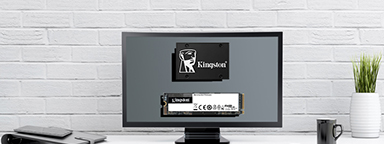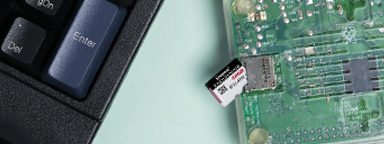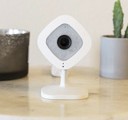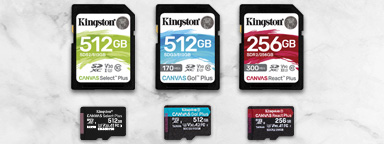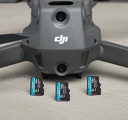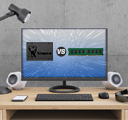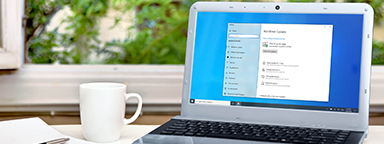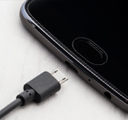Workspace
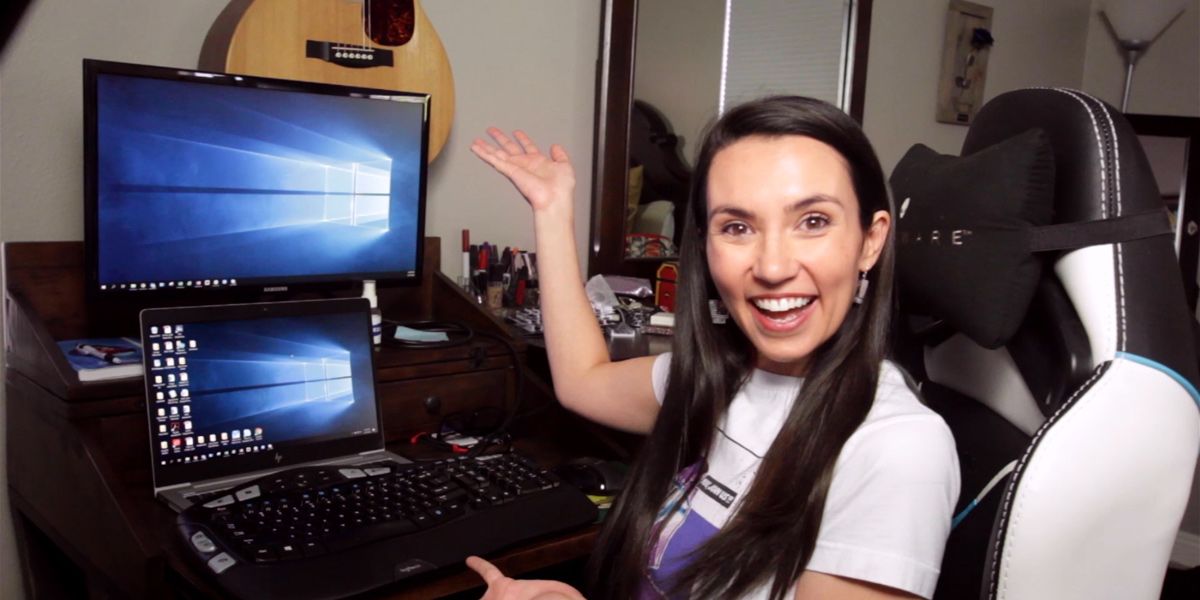
The first thing is to identify a dedicated space for setting up a workstation. Many people may not have a dedicated home office room with space for all the essential furniture such as a desk, chair and cabinets. Instead, with a little creativity and inspiration, you can set up a makeshift DIY workstation of your own. We suggest grabbing a small table, such as a children’s table or even a craft table, and repurposing it as a desk. Some have opted to turn the dining table into their workstation or even place a flat surface between two drawers to serve as a desk to build a workstation on. You’ll also want a comfortable chair that provides plenty of back support for those long hours you’ll be sitting at your workstation. Once you’ve figured out a dedicated space, the next step is to set up your workstation. Like most home workers, many of us are using our laptops to perform work at home. A few extra peripherals can help improve your efficiency by taking your laptop and turning it into a desktop set-up that is better suited to prolonged work sessions. Adding a mouse and keyboard to your set-up can do a lot to make your workflow more efficient. Once you’re using a standard-sized keyboard and mouse instead of being confined to the trackpad and keyboard on the laptop, you’ll be able to feel and notice the difference.
To take your workstation a step further, adding one or two monitors is a luxury that everyone should experience. The best way is to take any old monitor or small TV you might have lying around and rework it to serve as an extra monitor for your workstation. If not, consider investing in one depending on your needs. Be sure to check the connectivity requirements to make your monitors work with your set-up. If you’re missing an adapter, check an online retailer for some affordable options.
If you’re feeling extra fancy, consider getting a laptop docking station such as the pluggable USB 3.0 Universal Docking Station. It has dual video HDMI and DGI/VGA outs, gigabit ethernet, audio and six USB ports. This enables you to connect all your peripherals to the docking station while the docking station is connected to your laptop via a single USB 3.0 cable. It’s a nice way of maintaining cable management when you have multiple cables connected to all kinds of different ports. It also makes disconnecting and reconnecting your laptop to all your peripherals much easier.


